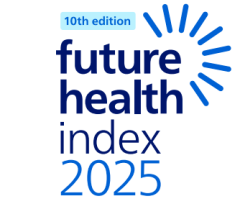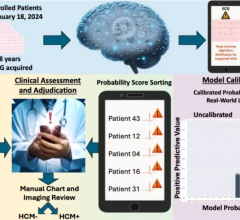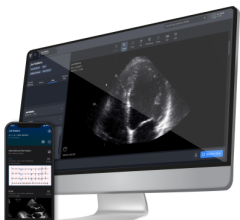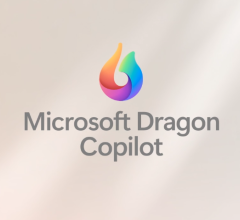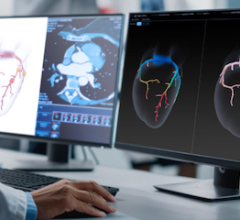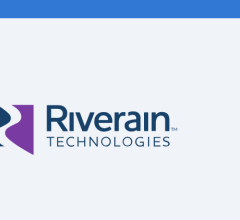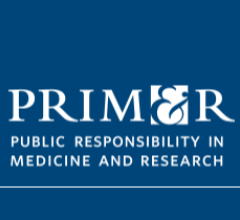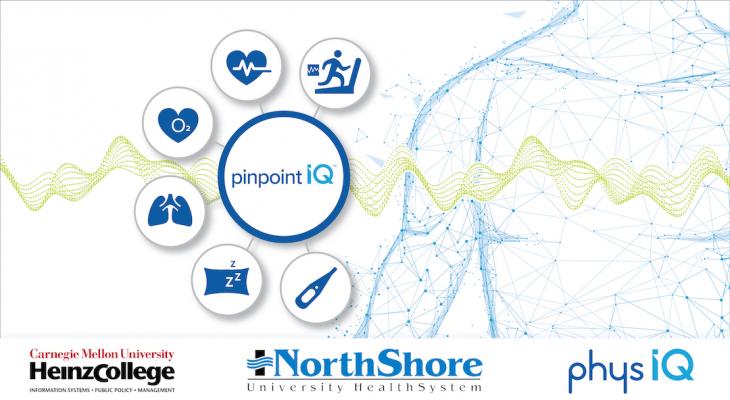
August 5, 2020 – NorthShore University HealthSystem , Carnegie Mellon University and physIQ are collaborating on a multi-phase pilot project using the pinpointIQ solution to manage patients with heart failure and patients undergoing ileostomy. These patient populations historically have significant clinical risks when transitioning from the hospital to home. Using this solution, NorthShore will be able to continuously monitor at-risk patients using wearable biosensors while they are in the comfort of their own home, carrying out activities of daily living.
“This pilot study will allow us to learn from each other and from our patients about how technology can impact care delivery, patient experience and outcomes. This initiative is critical to our goal of developing scalable and sustainable solutions that are accessible across the communities we serve.” said Lakshmi Halasyamani, M.D., chief quality and transformation officer at NorthShore.
NorthShore and physIQ are testing the innovative technology while building clinical workflows and evaluating each step to improve patient outcomes. This includes lower readmission rates and overall cost, and enabling higher quality patient and provider experience.
“NorthShore University HealthSystem always strives to be at the forefront of innovation in implementing biomedical informatics and systems of care,” said Nirav S. Shah, M.D., MPH, medical director of quality innovation and clinical practice analytics, and program director of outcomes research for quality and transformation at NorthShore. “In collaboration with physIQ and Carnegie Mellon University’s Heinz College of Information Systems and Public Policy, we aim to improve patient outcomes in a cost-effective way, while better understanding the workflow involved in the context of technologic innovation.”
PhysIQ's technology applies artificial intelligence (AI) to wearable biosensor data, creating personalized patient insight and providing clinicians with the tools they need to proactively engage at-risk patients. In VA-sponsored study, this technology has been shown capable of predicting heart failure hospitalizations up to 10 days in advance.
“Technology changes both what clinicians do and how they do it,” added Rema Padman, Ph.D., Trustees Professor of management science and healthcare informatics at Carnegie Mellon University’s Heinz College. “Understanding the workflow challenges associated with technological innovation requires obtaining visibility into how a multi-disciplinary care team can design and deploy wearable sensors for optimizing the monitoring process and patient outcomes.”
The study begins in the fall of 2020 and will transition through different use cases and populations, during which NorthShore will be evaluating the impact on clinical outcomes. This project has been endorsed and is receiving full support from the Departments of Quality, Health Information Technology and Outcomes Research at NorthShore.
“There is an immense potential to improve care and care outcomes, as well as lower the overall cost of care, by combining the power of artificial intelligence with the expanding options for wearable biosensors. Despite this, for a variety of reasons, practical solutions have been slow to find their way to healthcare delivery. One obstacle has been seamlessly fitting these solutions into the workflow of providers already overburdened by technology that all too often adds work rather than improves patient care.” said Steve Ondra, M.D., physIQ’s Chief Medical Officer. “This project combines the technology expertise of three outstanding organizations to define how these challenges can be overcome in a way that improves quality of life and health outcomes for patients; helps providers deliver care more efficiently and effectively; and in a way that is sound and sustainable from a business operations point of view. This partnership will help define how to use this technology to help us create a better and higher value health system that meets the needs of caregivers and those they serve.”
Find more news on cardiac wearables


 September 24, 2025
September 24, 2025 
